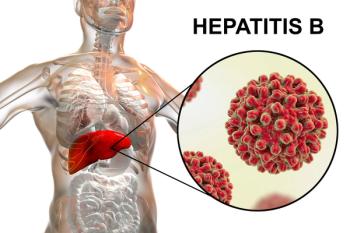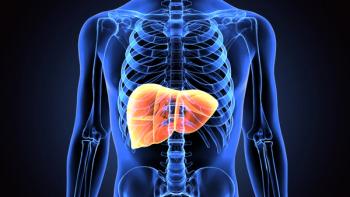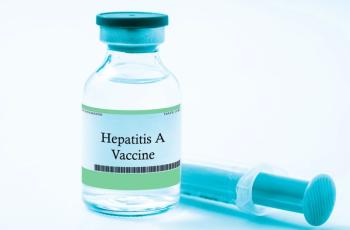
Previously Incarcerated Vets Not Shortchanged When It Comes to Hepatitis C Care, Study Finds
Results suggest that Veterans Health Administration’s outreach efforts to veterans with hepatitis C who had been previously incarcerated could serve as a model.
To reach the World Health Organization’s goal of eradicating hepatitis C by 2030, American health care systems should replicate aspects of the Veterans Health Administration’s hepatitis C program, according to the authors of a recently published study of the program.
“The VHA’s provision of universal and systematized delivery of HCV treatment can be used as a model for increasing both resources and public health infrastructure to combat HCV and other infectious diseases, in addition to reducing disparities,” wrote
VHA, the country’s largest provider of hepatitis C treatment, has recommended broad testing for HCV eligibility since 2012. Its strategic goal is universal treatment of all patients with HCV and, as of December 2017, it had treated roughly 70% of the patients in its system. Every veteran is treated, regardless of fibrosis stage or comorbid substance use disorders, and is given care at a minimal cost to the patient
Hawks and her colleagues wanted to find out if veterans previously incarcerated were included in efforts to eradicate HCV. To do so, they linked data from the Veteran Aging Cohort Study (VACS) and the administration’s electronic health records, including laboratory and pharmacy data. They reported their
“Individuals with previous incarceration have disproportionately higher rates of HCV but experience myriad barriers to health care, including decreased access to employment and health insurance, social instability, and discrimination in the health system,” wrote Hawks and her colleagues.
To reach previously incarcerated veterans as well as others who might not get care, such as people who are unhoused, the VHA created hepatitis C innovation teams and add more staffing. It also expanded pharmacy prescribing privileges, telehealth services, and integrating HCV treatment into opioid treatment programs.
Of the 3,109 VACS participants included in the study, 1,817 (58%) reported having served time in jail. HCV screening was done on 99% of those with and without incarceration. Of the total group, researchers found HCV present in 40% of those who had been incarcerated, and 21% among those who had not been to jail.
Among the 599 patients with HCV, 60% (59% previously incarcerated and 65% without previous incarceration) underwent treatment. A total of 541 (55%) veterans completed treatment, including 53% previously incarcerated, and 59% never incarcerated.
Results of the 541 veterans who finished eight weeks of therapy found that more than 98% saw viral suppression and 93% achieved sustained viral response (SVR), including 92% of those who previously spent time in jail and 94% who never spent time in jail. That translates to HCVoutcomes similar among those with, and those without, self-reported previous incarceration for VACS participants born between 1945 to 1965.
“Screening and confirmation of HCV occurred in more than 98% of cases including among those with previous incarceration, which is substantially higher than other published screening rates,” Hawks and her colleagues wrote. “Dose administration aid (DAA) initiation, treatment completion, and viral suppression were slightly lower for those with previous incarceration than those without previous incarceration, but the differences were not statistically significant.”
Newsletter
Get the latest industry news, event updates, and more from Managed healthcare Executive.























